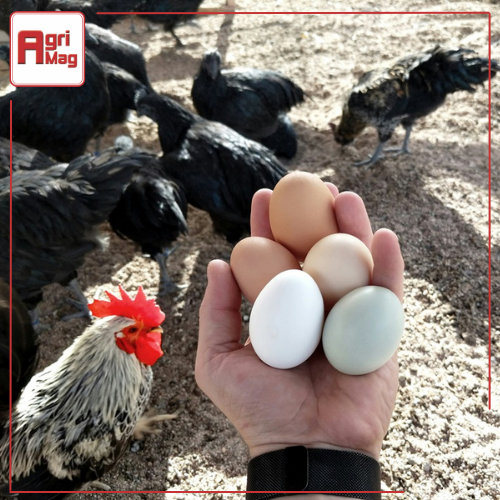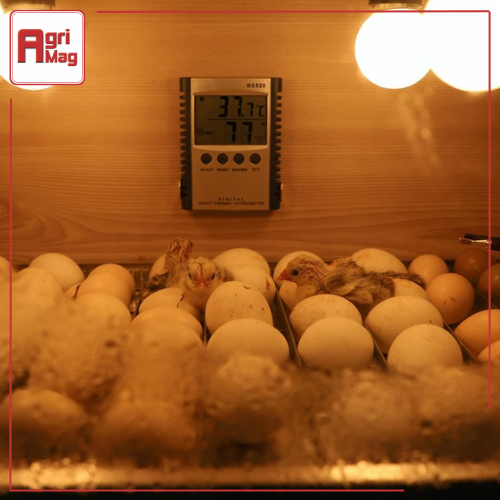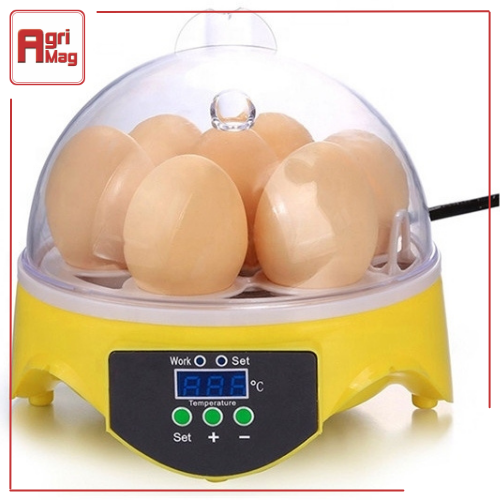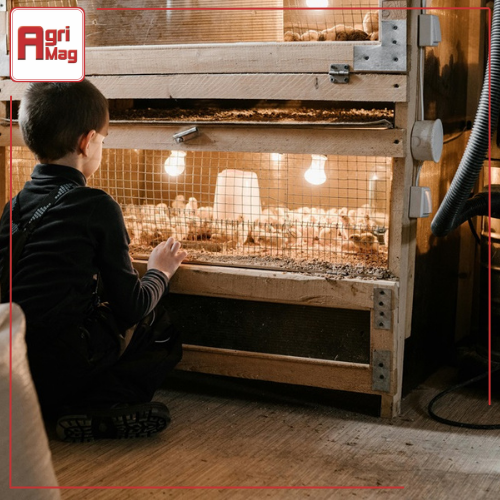
Egg Incubators for Small-Scale vs. Commercial Operations
Date: 03/04/2023
Egg incubation is a critical process in poultry farming, impacting hatch rates and the overall success of the operation. Understanding the differences between egg incubators for small-scale and commercial operations is essential for farmers to make informed decisions. This article explores these differences, helping you choose the right incubator for your needs. Visit AgriMag to buy farm equipment.
In the realm of poultry farming, egg incubators play a pivotal role in ensuring healthy and successful hatch rates. Whether you are a small-scale farmer or running a large commercial operation, selecting the right incubator can significantly influence your productivity and profitability.
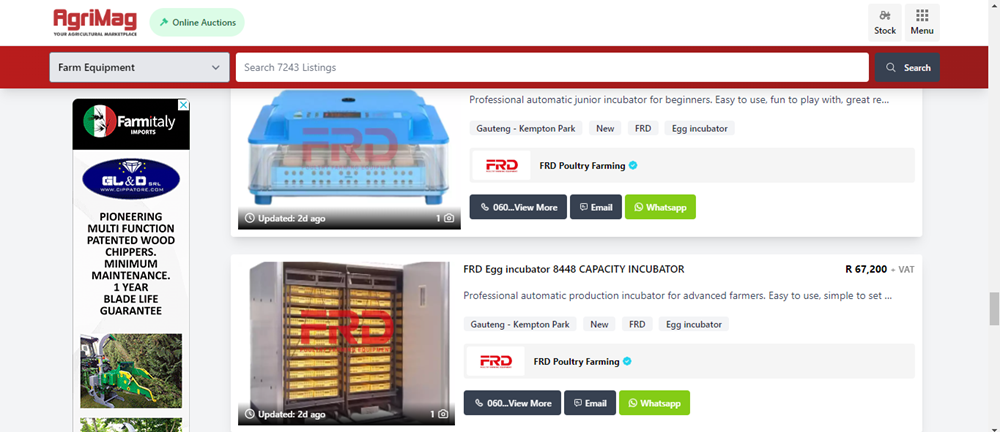
Understanding Egg Incubators
Incubators are devices designed to create an optimal environment for hatching eggs. They regulate temperature, humidity, and sometimes even turn the eggs to mimic natural conditions as closely as possible. The primary goal is to create a stable and controlled environment to ensure the highest possible hatch rate.
Key Differences Between Small-Scale and Commercial Incubators
1. Capacity
The most obvious difference between small-scale and commercial egg incubators is their capacity. Small-scale incubators typically hold fewer than 100 eggs, making them suitable for hobbyists or small farms. Commercial incubators, on the other hand, can accommodate thousands of eggs, catering to large poultry businesses that require high output to meet market demands.
2. Cost
Cost is another significant factor that differentiates small-scale from commercial incubators. Small-scale incubators are generally more affordable, ranging from a few hundred to a couple of thousand Rand, depending on the features. Commercial incubators are a substantial investment, often costing tens of thousands of Rand. However, their high capacity and advanced features justify the price for large operations.
3. Features and Technology
Commercial incubators are equipped with advanced features that ensure optimal conditions for hatching large numbers of eggs. These include automated temperature and humidity controls, egg turning systems, and sophisticated monitoring systems. Small-scale incubators, while effective, typically offer fewer automated features and might require more manual intervention.
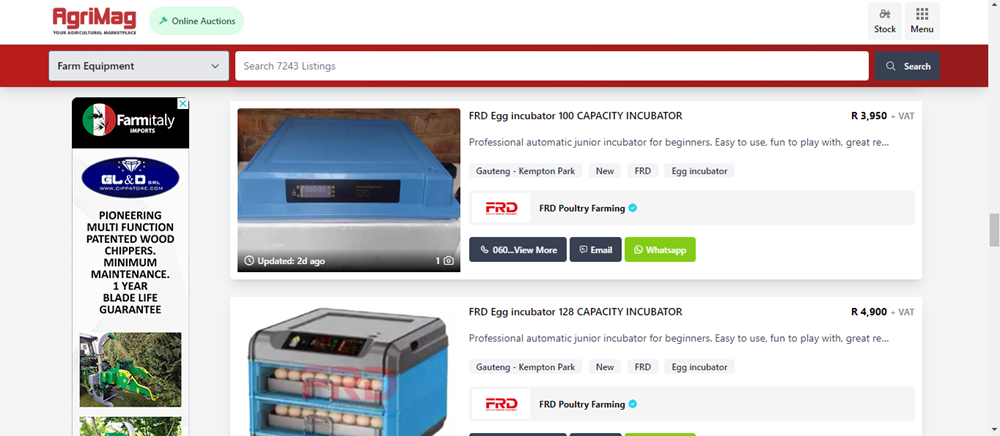
Choosing the Right Incubator for Your Needs
Small-Scale Operations
For small-scale farmers, investing in a small-scale incubator can be a wise decision if your goal is to maintain a manageable flock size or supply eggs to local markets. Some key considerations include:
- Budget: Small-scale incubators are cost-effective and require less maintenance, making them ideal for farmers with limited budgets.
- Space: They occupy less space, which is beneficial if you have limited room for equipment.
- Ease of Use: These incubators are generally simpler to operate, making them suitable for beginners or those who prefer minimal technological involvement.
Commercial Operations
Commercial operations demand incubators that can handle high volumes and provide consistent results. When choosing a commercial incubator, consider the following:
- Scalability: Commercial incubators support the growth of large flocks and can help meet high market demand.
- Efficiency: With automated systems, commercial incubators ensure optimal conditions with minimal manual intervention, increasing efficiency and reducing labor costs.
- Durability: These incubators are built to last and can withstand the rigors of continuous operation, making them a long-term investment.
Considerations for the Market
In our country, the choice of incubator also depends on specific local factors such as climate, electricity supply, and market demands. Here are some additional points to consider:
- Climate: The country’s varying climate can affect incubation conditions. Ensure your incubator has reliable temperature and humidity control features to cope with local conditions.
- Electricity Supply: Frequent power outages can be a challenge. Consider incubators with backup power options or invest in a generator to ensure continuous operation.
- Market Demand: Understanding local market demand for poultry can help you decide the scale of your operation and the type of incubator that best suits your needs.
Choosing the right egg incubator, whether for small-scale or commercial operations, is crucial for the success of your poultry farming venture in South Africa. By understanding the key differences in capacity, cost, features, and the specific needs of the market, you can make an informed decision that will enhance your productivity and profitability. Investing in the right incubator will help ensure high hatch rates and a thriving poultry business. Look for farm equipment on AgriMag to buy.
Categories:
Common category
Category Search:
Latest articles:

Choosing the Right Breed for South African Climates

Managing Livestock Health in Drought Conditions: Tips for Farmers

Embracing Organic Farming in South Africa: Minimal Resources

